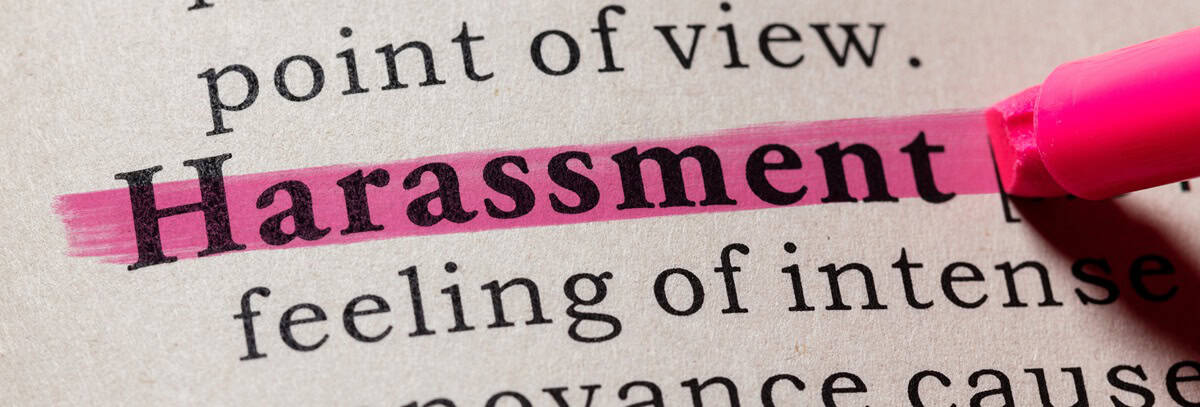Understanding Arizona’s Implied Consent Law is crucial for anyone driving in the state of Arizona. Under ARS § 28-1321, by holding a driver’s license, you automatically agree to submit to chemical tests, such as breath, blood, or urine tests, if law enforcement suspects you are driving under the influence (DUI). If you refuse, severe penalties, including the suspension of your driver’s license, can follow—even if you aren’t convicted of a DUI.
Being arrested for DUI can be a life-altering experience, especially when refusal to take a blood alcohol content test leads to additional consequences. Fortunately, there are legal defenses available that can challenge the validity of such charges. Attorney Arja Shah, a top-rated DUI attorney with years of experience in Arizona, has successfully defended over 3,000 clients. Contact Arja Shah Law for a free initial consultation to explore your legal options and protect your rights under Arizona Revised Statutes.
This article will cover the following subtopics:
- What Does “Implied Consent” Mean in Arizona Law?
- What Happens When You Refuse a Breathalyzer Test?
- Are There Alternatives to License Suspension?
- What Are the Legal Defenses Against Implied Consent Violations?
- Contact DUI Defense Attorney Arja Shah
What Does “Implied Consent” Mean in Arizona Law?
Implied consent in Arizona, as outlined in ARS § 28-1321, refers to the automatic agreement by drivers to submit to chemical testing if law enforcement suspects them of driving under the influence.
When you receive your driver’s license in Arizona, you are giving your implied consent to be tested for blood alcohol concentration (BAC) or drug levels if a law enforcement officer has reasonable grounds to believe you are impaired.
The test may include a breath, blood, or urine test, and the officer typically decides which type of test will be administered. Refusing to submit to this testing can have serious consequences, including an automatic suspension of your driving privileges, even if you are not ultimately convicted of a DUI.

What Happens When You Refuse a Breathalyzer Test?
Refusing to take a breathalyzer or any other chemical test in Arizona under the Implied Consent Law triggers immediate and significant penalties. According to ARS § 28-1321, a refusal can result in the following:
- First Refusal: An automatic 12-month suspension of your driver’s license.
- Second Refusal (within 84 months): A 24-month suspension of your driver’s license.
Additionally, refusal can be used against you in court as evidence of your potential impairment. Law enforcement officers may also seek a warrant to forcibly obtain a blood sample, further complicating your legal situation.

Are There Alternatives to License Suspension?
In Arizona, once your license is suspended due to a refusal under the Implied Consent Law, options to regain driving privileges are limited but possible.
After a certain period of suspension, you may be eligible for a restricted or special ignition interlock license (SIIL) under ARS § 28-1401.
This type of license allows you to drive to work, school, or other essential activities while using an ignition interlock device (IID).
An IID is a breathalyzer installed in your vehicle that prevents it from starting if it detects alcohol on your breath. While this is an option, it comes with costs and strict conditions that must be adhered to for the entire duration of the program. An experienced DUI defense attorney can help navigate the complexities of these alternatives and work towards minimizing the impact on your daily life.
What Are the Legal Defenses Against Implied Consent Violations?
When facing charges related to the refusal of a chemical test under Arizona’s Implied Consent Law, it’s important to understand that there are legal defenses available.
These defenses can challenge the validity of the refusal and potentially reduce or eliminate the consequences you may be facing.
Here are some common defenses that could be used in cases of Implied Consent violations:
① Lack of Reasonable Suspicion or Probable Cause
One of the most fundamental defenses is challenging the legality of the initial traffic stop. Under Arizona law, an officer must have reasonable suspicion that a traffic violation or criminal activity, such as impaired driving, is occurring before they can stop a vehicle. If the stop itself was unlawful—meaning the officer did not have sufficient grounds to pull you over—any subsequent evidence, including the refusal to submit to a chemical test, may be inadmissible in court. Without a valid stop, the charges related to the Implied Consent violation may be dismissed.
② Improper Administration of the Implied Consent Warning
Before requesting that you submit to a chemical test, the officer is required by law to inform you of the consequences of refusal under Arizona’s Implied Consent Law. If the officer fails to properly inform you or gives incomplete or inaccurate information about these consequences, your refusal may be challenged. An improper or confusing administration of the Implied Consent warning can be grounds for dismissal of the related charges.
③ Medical or Physical Inability to Comply
Another defense may involve proving that you were medically or physically unable to comply with the test. For example, if you have a medical condition that prevented you from blowing adequately into a breathalyzer or were physically unable to provide a blood or urine sample, this could be used as a defense against the Implied Consent violation. Documented medical evidence would be crucial in supporting this type of defense.
④ Unlawful Blood Draw
If the refusal of a breathalyzer test led to a forced blood draw, it is essential that law enforcement obtained a valid warrant. If a warrant was not properly obtained, or if there was any procedural error in the warrant process, the results of the blood test—and the refusal charge itself—could be challenged in court. Additionally, if the blood draw was performed in a manner that did not comply with legal or medical standards, this could also serve as a defense.
⑤ Coercion or Misunderstanding
Finally, it’s possible to argue that your refusal was the result of coercion, misunderstanding, or confusion. For example, if the officer pressured you in a way that made you feel you had no choice but to refuse, or if there was a language barrier that led to a misunderstanding of what was being asked of you, these factors can be raised as defenses. Demonstrating that the refusal was not a willful act can potentially mitigate the penalties associated with the Implied Consent violation.
Contact DUI Defense Attorney Arja Shah

With over 3,000 clients successfully defended, Arja Shah is a top-rated attorney recognized for her dedication to providing quality and affordable defense.
If you need a skilled and compassionate attorney to help you through this challenging time, contact Arja Shah Law today at (602) 560-7408 to schedule a consultation.











